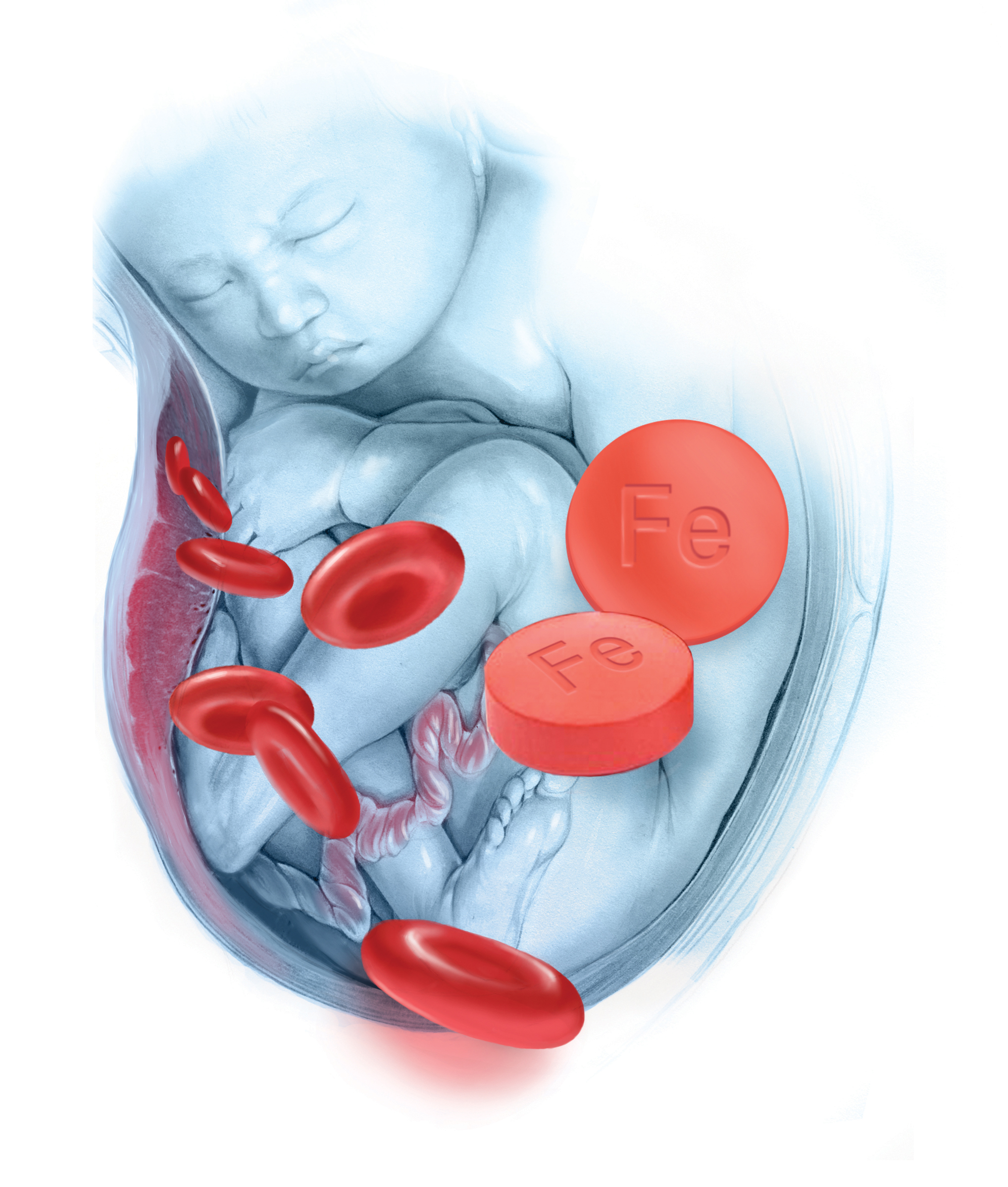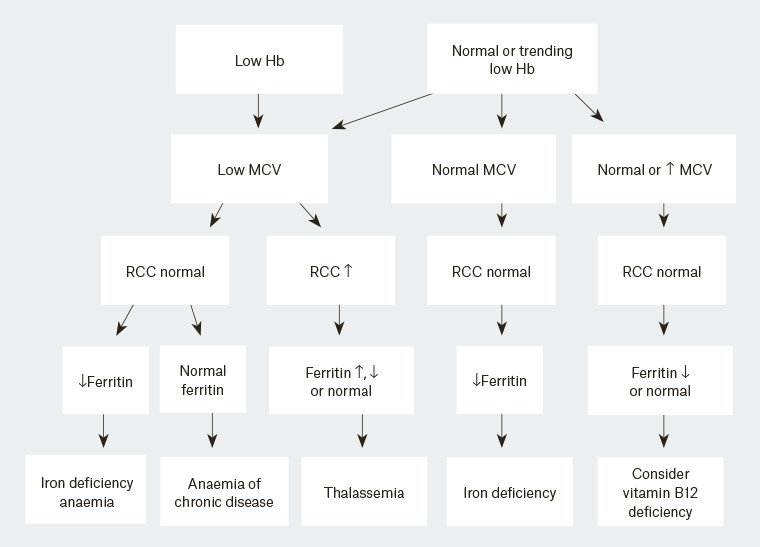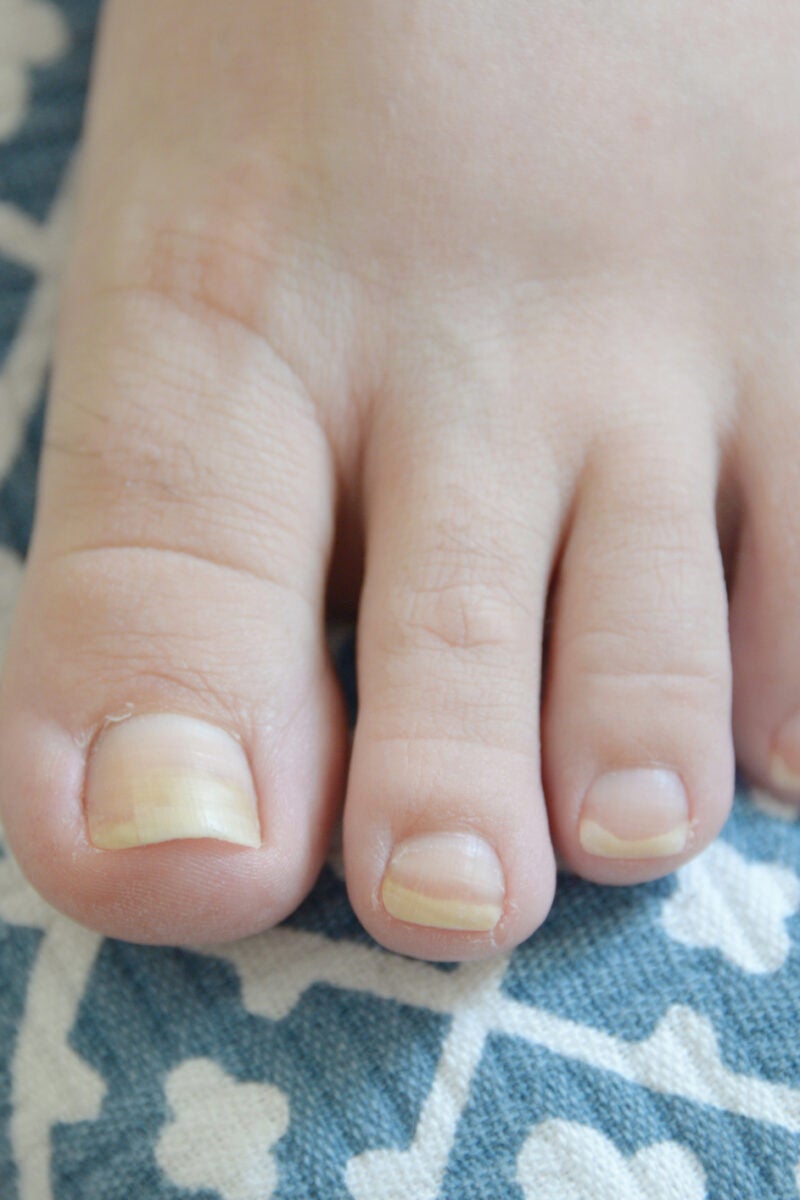The clinical symptoms of iron deficiency anaemia in pregnancy are nonspecific and cannot be relied on for diagnostic purposes. In pregnancy iron deficiency also increases the risk of having a low birth weight baby and a premature delivery.
After giving birth iron deficiency anaemia can also affect you by.

Iron deficiency in pregnancy. Haemoglobin 110 gl in 1st trimester Haemoglobin 105 gl in 2nd and 3rd trimester Serum Ferritin 15µgl Most reliable test in pregnancy consider oral iron supplementation if ferritin. Internationally food scarcity and a lack of access to micronutrients such as iron remains high in many countries. During pregnancy iron is needed in larger amounts because the mothers blood volume increases and the babys blood is also developing.
Thus it is critical to distinguish iron deficiency anemia from physiologic anemia as well as to identify other less common causes of anemia that may require treatment. While some degree of dilutional anemia is part of normal pregnancy physiology iron deficiency anemia can have serious adverse health consequences for the mother and child. Lack of iron can cause anaemia which means the red blood cells are not able to carry enough oxygen around the body leaving you tired and less able to fight off infections.
Have two closely spaced pregnancies Are pregnant with more than one baby Are vomiting frequently due to morning sickness Dont consume enough iron Have a heavy pre-pregnancy menstrual flow Have a history of anemia before your. The rapidly developing fetal brain is at particular risk of iron deficiency which can occur because of maternal iron deficiency hypertension smoking or glucose intolerance. In the United States rates of iron deficiency in pregnancy vary by region with a.
Iron deficiency anemia during pregnancy may increase the risk of preterm birth lead to low birth weight infants increased risks of infant mortality and is associated with neuro-developmental. Iron-deficiency anemia In the United States a lack of iron stores before and during pregnancy leading to iron deficiency is the most common culprit of anemia. Anaemia during pregnancy can.
IDA may occur for many reasons. Iron deficiency is especially common during pregnancy and high-dose iron supplements are often recommended. Iron deficiency is associated with adverse pregnancy outcomes including increased maternal illness low birthweight prematurity and intrauterine growth restriction.
Shortness of breath Dizziness Headache Pale complexion Palpitations Chest pain Irritability or poor concentration An unpleasant urge to move your legs during periods of inactivity restless legs syndrome Leg cramps Craving nonfood items pica or ice to suck or chew on Pale. The rapidly developing fetal brain is at particular risk of iron deficiency which can occur because of maternal iron deficiency hypertension smoking or glucose intolerance. In the absence of any other diagnosis of anaemia iron deficiency in pregnancy is defined as.
Iron deficiency anemia IDA during pregnancy is a condition in which there are not enough healthy red blood cells to carry oxygen to the bodys tissues adequately. Since these typically come with side effects such as stomach pain and constipation. Iron deficiency anaemia can affect your muscle function ability to exercise such as climbing the stairs and gut function.
Iron deficiency is associated with adverse pregnancy outcomes including increased maternal illness low birthweight prematurity and intrauterine growth restriction. You are at increased risk of developing anemia during pregnancy if you. With this type of.
The administration of iron and folic acid to pregnant women is a divisive. How to Treat Iron Deficiency During Pregnancy During pregnancy the heart works harder in order to provide adequate nourishment to the fetus. Due to this increase in blood volume it is important for pregnant women to also increase their intake of folic acid and iron.
Since these typically come with. About 20 of pregnant women suffer from anemia and most of the cases are iron deficiency folic acid deficiency or both. 1 day agoIron deficiency is especially common during pregnancy and high-dose iron supplements are often recommended.
Fatigue is the most common symptom but women may also present with pallor weakness headache palpitations dizziness dyspnoea irritability and restless legs. The body increases its blood volume by 30-50.









